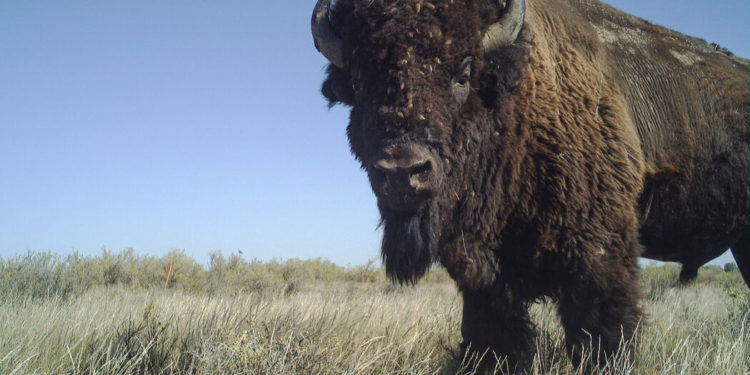By THE NEW YORK TIMES
Camera traps, which automatically snap photos of wild animals when they detect motion and body heat, have become key research tools for wildlife biologists. The new study is based on data from 102 different camera trapping projects in 21 countries. (Most were based in North America or Europe, but South America, Africa and Asia were also included.) The data allowed the scientists to study the activity patterns of 163 different species of wild mammals — and to keep tabs on how often humans were showing up at the same locations.
“One of the core strengths of this paper is that you get information on both humans and animals,” said Marlee Tucker, an ecologist at Radboud University in the Netherlands, who was not involved in the new research.
During the pandemic lockdown period, human activity decreased at some project sites while increasing at others. At each study location, the researchers compared how often wild animals were detected during a period of high human activity and a period of low human activity, regardless of whether the decreased activity came during the lockdown period.
Carnivores, such as wolves and bobcats, appeared to be highly sensitive to people, showing the largest drop-off in activity when human activity ramped up. “Carnivores, especially larger carnivores, have this long history of, you can say, antagonism with people,” Dr. Burton said. “The consequences for a carnivore of bumping into people or getting too close to people often has meant death.”
On the flip side, the activity of large herbivores, such as deer and moose, increased when humans were out and about. That could be because the animals simply had to move more to avoid the throngs of people. But if people help keep the carnivores at bay, that could also make it safer for the herbivores to come out and play.
“Herbivores tend to be a little less fearful of people, and they may actually use them as a shield from carnivores,” said Dr. Tucker, who praised the study’s authors for being “able to disentangle all these different human impacts.”






Discussion about this post